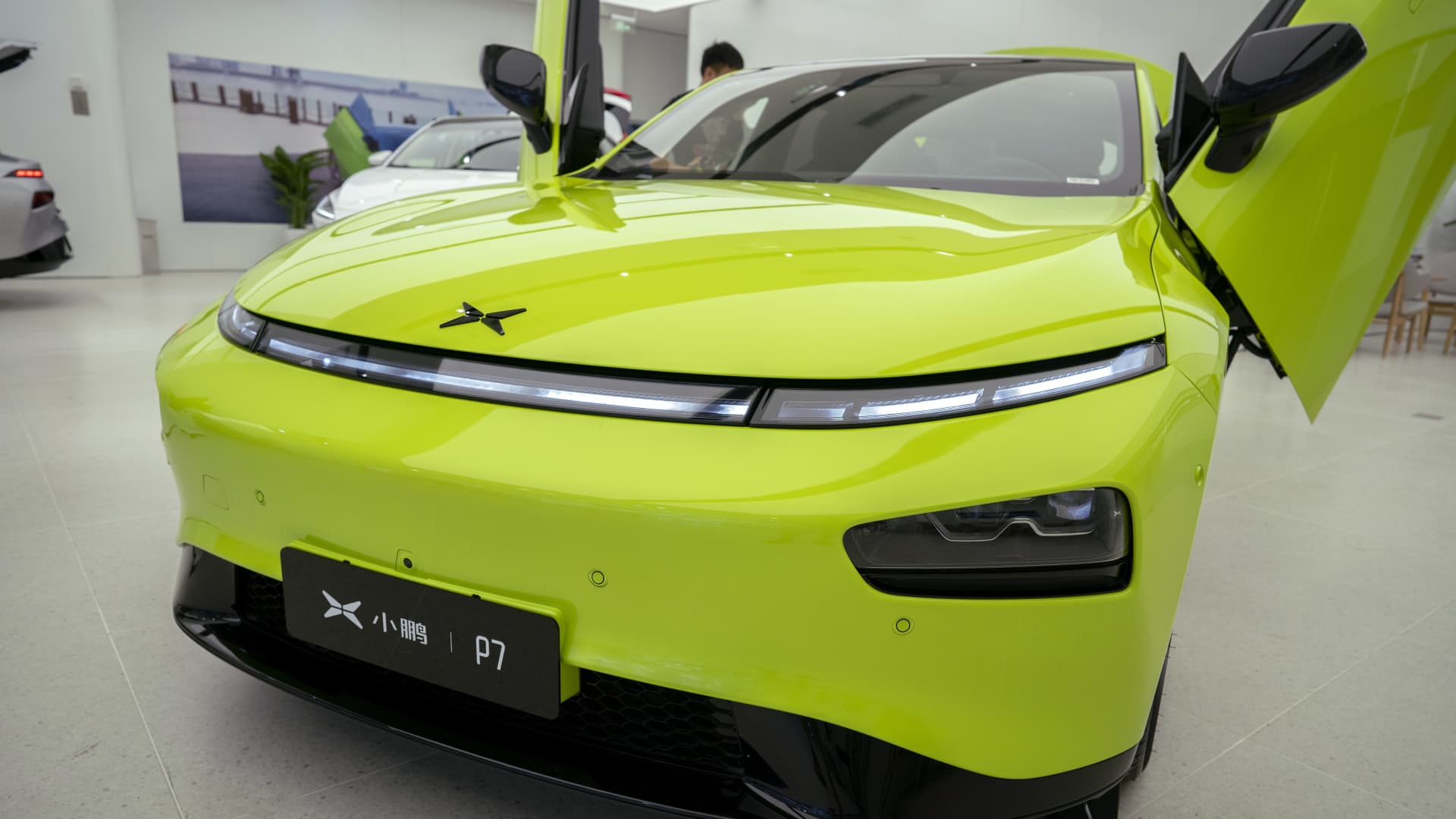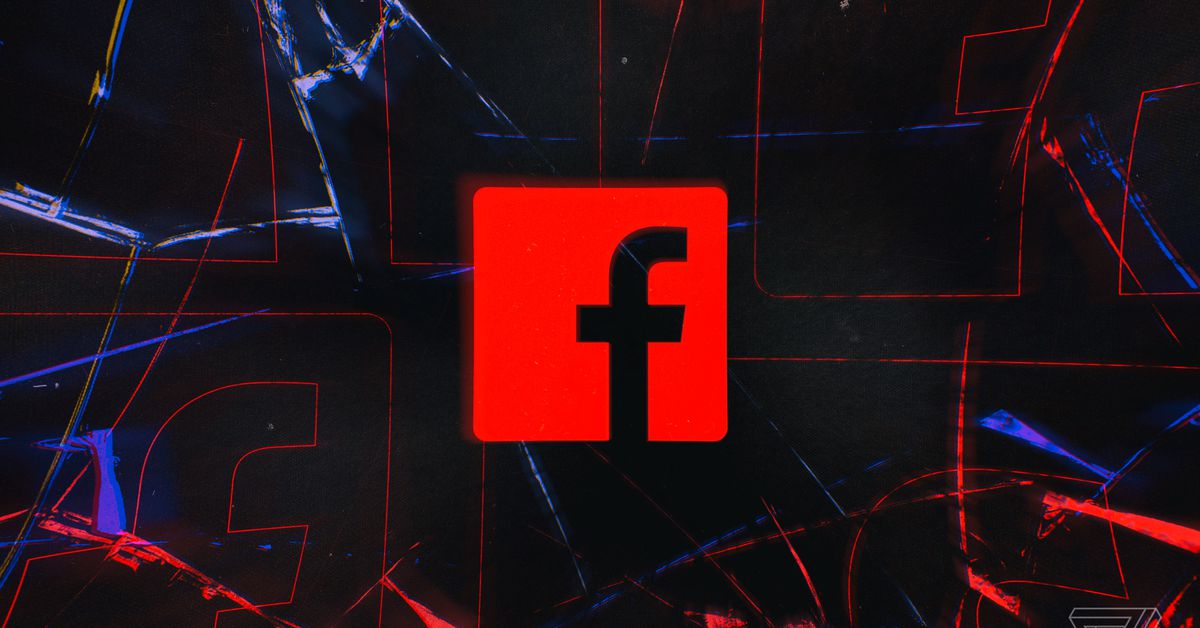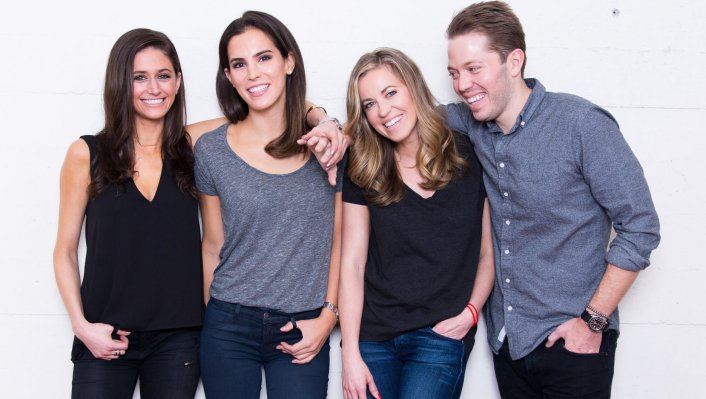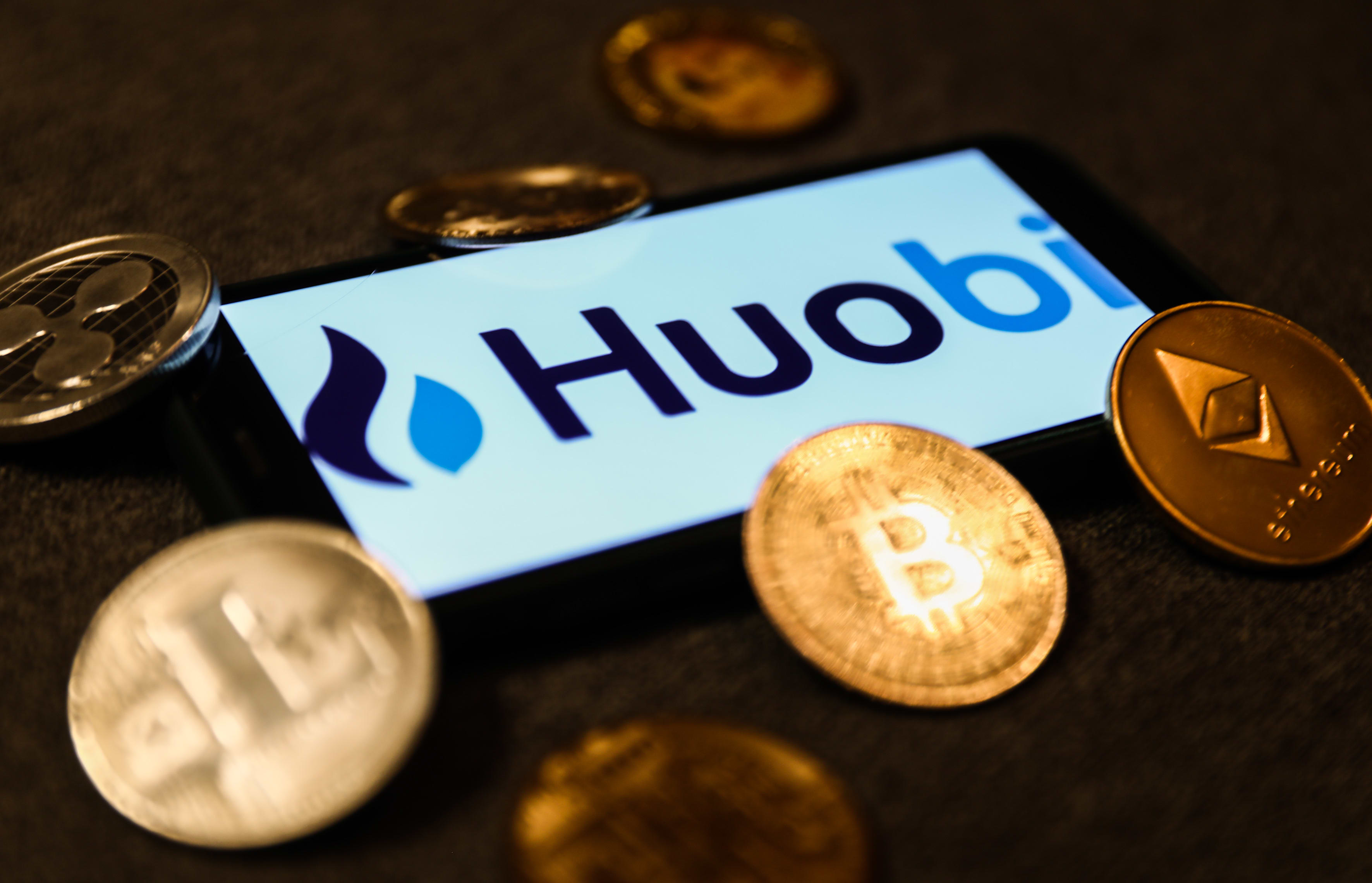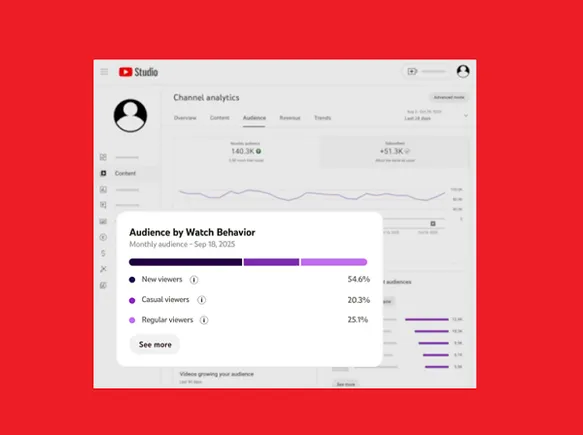Who’s winning, and losing, in the Elon Twitter era
Elon Musk recently purchased social media platform Twitter. | Mark Brake/Getty ImagesIt’s not just Elon Musk who’s impacted by the tumultuous deal. Elon Musk’s takeover of Twitter has been chaotic, to say the least. He repeatedly changed his mind...

Elon Musk’s takeover of Twitter has been chaotic, to say the least.
He repeatedly changed his mind about the deal, making weed jokes and tweeting poop emojis along the way. But now that his ownership of the social media platform is very real, many have questions about what’s going to happen next.
While we’re still in the early days of Musk’s takeover, it’s already clear there are some people who have made major financial, political, or reputational gains, and others who are seeing real damage or risk. Here are the winners and losers so far.
Delaware Court of Chancery
Elon Musk is known for breaking business rules and norms. This has caused problems with regulators, but he’s managed to still do what he wants with few or no consequences.
Even after the SEC fined Musk $20 million for posting an allegedly misleading tweet about his plan to take Tesla private, Musk continued to push the limits of his settlement by posting unauthorized tweets — a risk the world’s richest man could afford to take.
So when Musk changed his mind about buying Twitter, many believed he would somehow get out of it, even if his legal justification seemed flimsy. But this time, Musk didn’t get out of it. That’s because, in large part, of the Delaware Court of Chancery, the business court overseeing Twitter’s lawsuit against Musk.
If he kept fighting the case, Musk would risk having to disclose more potentially embarrassing texts from his friends that could damage his image. And he was facing a judge with a no-nonsense reputation who might rule against him in the end. Even with a nearly endless supply of money to fund the best legal team, Musk ultimately backed down and closed the deal with Twitter on the original terms he’d agreed to in April.
This was a win for the rule of law, showing that even if you’re the richest man in the world, sometimes you do have to follow through on your obligations.
Conservatives
Musk considers himself a “free speech absolutist” and has insisted his main motivation for buying Twitter is to make it a more open, unregulated platform for people to express their beliefs.
Conservatives see this as a major win. US politicians like Rep. Marjorie Taylor Greene (R-GA) and Sen. Ted Cruz (R-TX) have been cheering on Elon’s takeover, hailing him as a leader who will champion their persistent and unsupported claim that Twitter is biased against right-wing content.
Former President Donald Trump said that he’s happy “Twitter is now in sane hands,” and “will no longer be run by Radical Left Lunatics and Maniacs,” according to a post on his social media platform, Truth Social, on Friday. Musk has previously said that Twitter banning Trump from its platform after the January 6, 2021, riot was a mistake, signaling that he may bring him back — although last week he said he’s holding off on any decisions about reinstating accounts until a yet-to-be-formed advisory council weighs in.
Meanwhile, one of Musk’s first tweets as Twitter’s new owner was in response to conservative commentator “Catturd,” telling them he’ll be “digging in” to the user’s claims that his content is being “shadow banned,” or secretly suppressed by Twitter.
However, there are limits to what Musk can do to appease conservative influencers because he also needs to keep advertisers happy. That’s why he promised advertisers in a tweet on Thursday that he wouldn’t turn Twitter into a “free-for-all hellscape, where anything can be said with no consequences!” While we have seen an uptick in some hate speech since Musk’s takeover, Twitter so far hasn’t publicly changed any of its policies on content moderation. Conservatives still see Musk’s takeover as a win.
Major Twitter shareholders
Buying Twitter for $54.20 a share is seen as a loss for Musk because Twitter’s value plunged shortly after Musk made his initial offer. But shareholders who bought stock in the company for a lower price have made a killing.
Many of the biggest shareholders are firms that invest money on behalf of affluent clients, like Florida hedge fund Pentwater Capital, which is expected to make more than $200 million, according to a report from CNBC. Pension funds that invest for teachers, police officers, and state workers in New York, California, Florida, and Wisconsin could also make a significant return, according to reporting from Reuters.
Elon’s inner circle
Part of what we learned through the Elon-Twitter legal proceedings is just how many tech investors, founders, and other figures in the tech world wanted to get behind Elon by contributing funds to the Twitter deal.
“You know I’m ride or die brother — I’d jump on a grande [sic] for you,” said angel investor Jason Calacanis in a text to Musk in April, which was revealed in court documents.
Now, Calacanis and other tech leaders, like investor and former PayPal executive David Sacks, are offering their help as advisers to Musk during this transition time.
Overnight, figures like Calacanis and Sacks — who also host their own popular tech podcast — seem to have gained at least some influence over a major platform important for making news and even influencing stock prices.
Twitter employees
After Musk’s deal closed, he immediately fired Twitter’s top executives: CEO Parag Agrawal, CFO Ned Segal, and head of legal policy, trust, and safety Vijaya Gadde. Now, he’s moving on to the rest of Twitter’s 7,500 employees.
Employees expect Musk to make drastic cuts; the latest estimate from the Washington Post put that number at around 25 percent of the company. An earlier report, which Musk has denied, put that number as high as 75 percent of the company’s staff.
In order to keep their jobs, some Twitter engineers are being asked to work long shifts and deliver on new product ideas under tight deadlines, or otherwise risk being dismissed.
Employees are being “pulled left and right into frantic huddles or projects to try and save their jobs,” said a Twitter employee who spoke on condition of anonymity, calling the frenzy “pure chaos.”
Other employees who have less hope are quietly waiting to be fired.
“People are tired of talking about it, tired of being in limbo,” said the employee. “I think at this point everyone is hoping for the next chapter.”
Musk could try to fire employees with cause instead of laying them off, which would help him avoid paying severance and benefits.
While a majority of Twitter’s staff might survive the Elon-Musk transition — and some employees are excited for a change — working throughout a publicly tumultuous business deal has been a nerve-racking, demoralizing experience for many.
Elon’s other companies
Elon Musk is a busy man. Aside from running Twitter, he’s CEO of electric car firm Tesla and rocket company SpaceX.
Both companies now stand to lose the attention of their hands-on leader. Musk is pulling away some of his senior staff too — reportedly pulling more than 50 Tesla engineers from the company’s autopilot team into Twitter.
All this means Musk and his top lieutenants will have less time to build cars and rockets while they spend more time figuring out the intricacies of running a politically contentious social media company.
Elon’s investors
People who invested in this deal are facing major losses. That includes members of the Saudi Arabian government, private individuals, and major banks such as Morgan Stanley, Bank of America, and Barclays.
That’s because they bought on to Elon’s now-inflated buying price of $54.20 a share before Twitter’s share price fell steeply due to the recent economic slowdown that has also tanked the valuations of many other major tech companies.
Some investors even publicly expressed regret about the deal, saying they hoped it didn’t go through.
There’s a tiny little violin playing somewhere for this group — particularly the big banks and wealthy foreign governments — that has levels of cash on hand unfathomable to everyday people.
Unless Musk manages to make their investment worthwhile in the long run by increasing Twitter’s value, they are some of the most immediate losers in the Elon-Twitter saga.
Twitter users
We still have to see how this plays out, but for now, Twitter users are facing a lot of uncertainty about the app’s future.
Anyone who used Twitter in pre-Elon times knows it could often be a cesspool of harassment, bullying, and harmful conspiracy theories. For the past several years though, the company has built out internal teams related to content moderation and user safety to try to improve that experience. And some evidence shows their work has made an impact.
Musk’s takeover could put those improvements at risk. He’s said he doesn’t believe Twitter should be doing as much content moderation, and is expected to make significant cuts to Twitter’s teams doing that work.
Musk has also said he won’t take down any content that is legal — which leaves room for a wide swath of offensive content like racial slurs, violent imagery, and harassment that is protected in the US under the First Amendment.
Already, Twitter has faced an uptick in hate speech since the Musk deal closed. One study by the Network Contagion Research Institute found a 500 percent increase in use of the n-word on Twitter within 12 hours of Musk taking over. Twitter’s head of site integrity has said this wasn’t due to any changes in Twitter’s policies against hate speech, but a coordinated trolling campaign to tweet more instances of the slur, timed to Musk’s takeover.
This could negatively impact Twitter’s business. Last week, GM, a major advertiser, said it will suspend spending on the platform until it sees what direction Twitter takes under its new leadership. Musk will have to find a balance between keeping these advertisers happy while also keeping his commitment to letting users say what they want.
Musk himself is toeing that line. In recent weeks, he’s posted memes of himself aligned with openly antisemitic Kanye West, and he shared a link to a conspiracy theory about the attack on Speaker Nancy Pelosi’s husband Paul Pelosi (Musk later deleted those tweets).
Of course, users could also have a lot to gain if Musk exceeds critics’ expectations and manages to turn Twitter into a more open platform that at the same time protects user safety. But given Musk’s personal history of promoting online harassment and misinformation, and the fact that other social media platforms like Facebook, TikTok, and YouTube have struggled for years to strike this balance, it seems unlikely that Musk — the perpetual shitposter — will be the one to suddenly figure it out.

 KickT
KickT 







